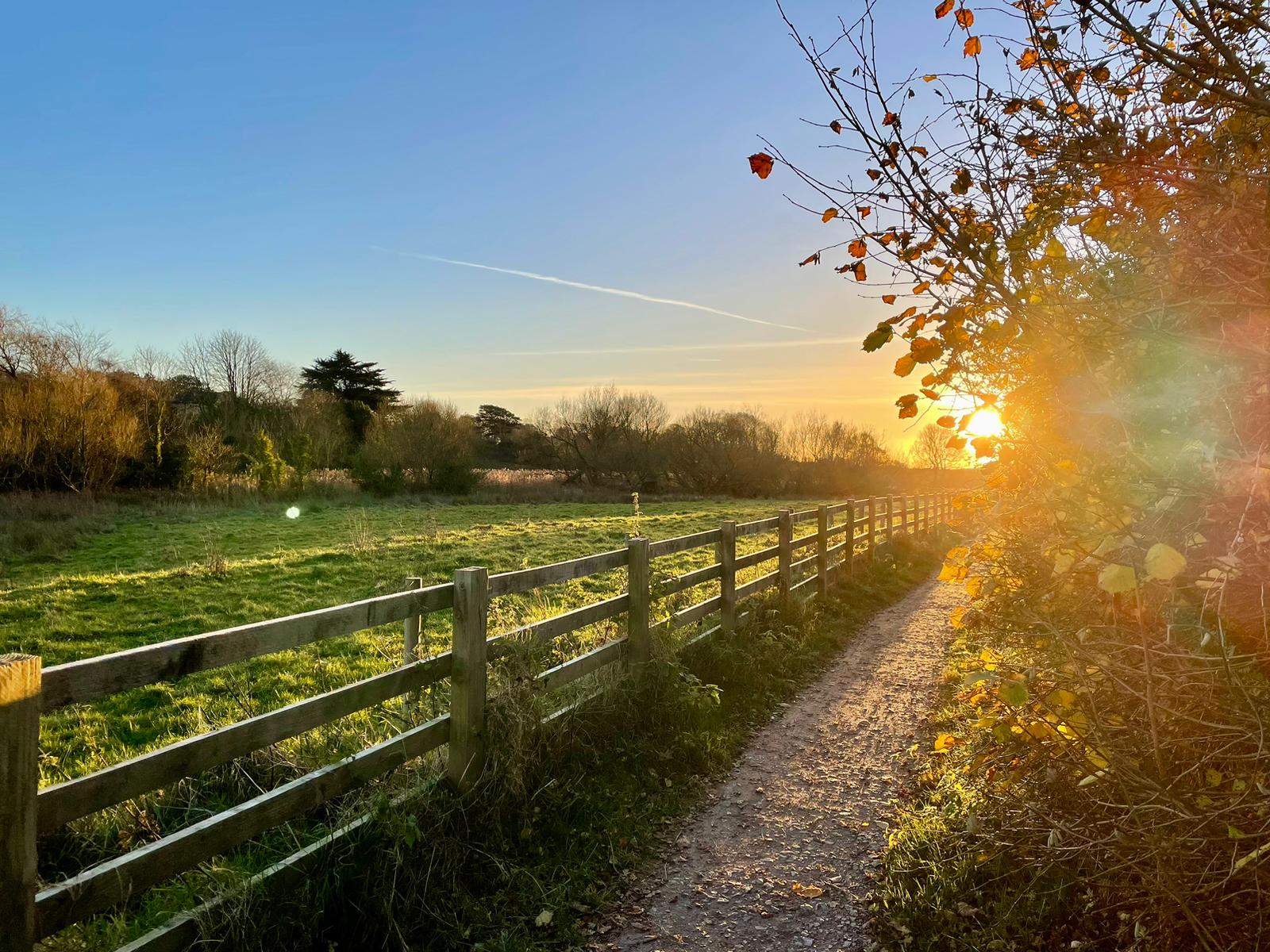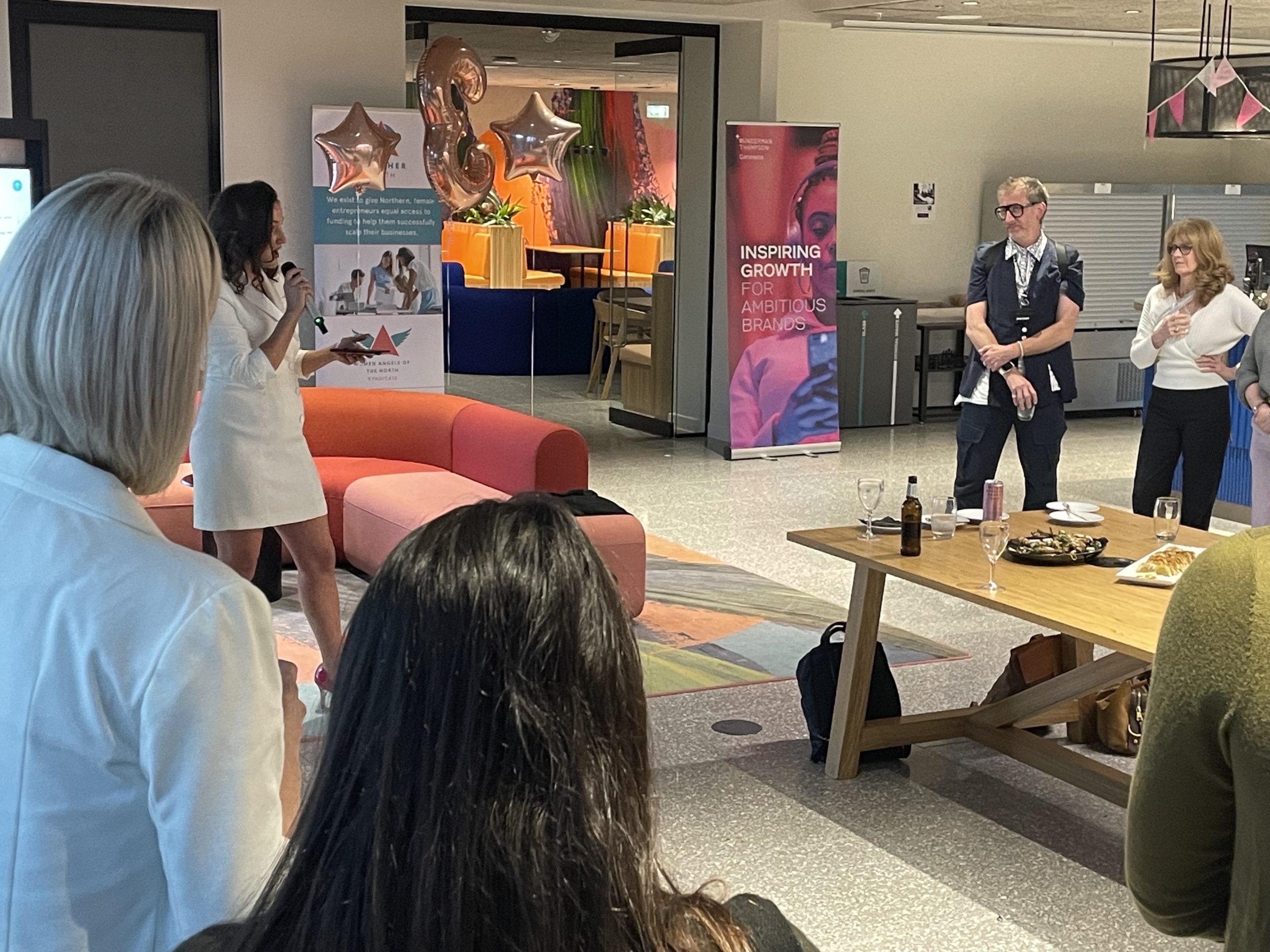We need to innovate in a way that will benefit everyone.
For place-based innovation to generate positive impact, we need to work in a way that will benefit everyone.
We’re all for economic prosperity as a goal, but innovation focused on a specific location must generate shared prosperity for the people already making that place their home.
Jane Dalton (Groundswell Innovation Founder) joined a group of place-based innovation experts for a panel discussion as part of the Innovation Places Summit held by Connected Places Catapult. The panel provided insight and ideas around how we can work as communities to benefit everyone.
Read on for our team’s key takeaways from the discussion panel:
As we recover from the pandemic, innovation has a crucial role in aiding the UK economy’s growth and stability. Jane talked about the importance of baking in social and civic outcomes right from the start of an innovation project. She focused on what the outcomes of real innovation should look like, and how this relates to her current project with Preston Partnership and the Towns Fund Project…
Economic growth is always going to be challenging, but through our work with two places in the North West we’re seeing people rise to the challenge.
“We need to be asking questions such as: what are the up-skilling elements, what are the new jobs that we can create?”
– Jane
Preston’s community wealth framework is all about putting the richness of life within reach for the people of Preston. Delivering on our ‘richness of life’ narrative both geographically and economically, is crucial.
When ideas align…
In theory, Place-based innovation is a very clear process. It’s important to start with the end in mind and to have very clear goals set out right at the beginning.
“The main difficulty is with public / private collaboration. Even with all the right people in the room, all passionate about doing the best for the city, that doesn’t mean all the agendas collide.”
– Jane
Of course, we’ve heard the old adage ‘if you want to travel fast travel alone, if you want to go far, then travel together’. It is relatable in many aspects of life, but Jane highlighted this as a key consideration when thinking about innovation.
Having a shared financial goal, like a funding bid with a strict timeline can really help people align those agendas at speed.
“It can be helpful to take it back to the basics: ok we’ve got a deadline, we have a chunk of money we can go for and we have a shared goal… Now we’ve got to do this at speed with the right support in place.”
– Jane
With the right goals and metrics, the right people in the room absolutely help… But it’s crucial to have the process of community engagement designed as part of the answer, not an end in itself. It all has to connect, in order to get our desired outcomes.
Listen – it’s important!
During the discussion, one of Jane’s main points centred around listening, and how it’s crucial to listen intently to what the local population need, rather than just making it a tick box consultation exercise. Creating shared prosperity for the people with real impact is ultimately what’s going to make a lasting difference.
Claudette Forbes (consultant and advisor of Whitehall & Industry Group) mentioned the need to address the current deprivation due to failing high streets. She acknowledged that there’s a huge amount of responsibility for those who are leading this kind of work – particularly when there’s an impetus to address local needs and make a real change…
Forbes emphasised how important it is to involve people who would never normally have a chance to take part (in things like innovation) so we can hear from the widest possible range of voices and opinions from locals. When a committee is formed the intentions are there, but we still need to draw in more sides of the community – what can we do that would allow other voices to be heard that wouldn’t normally be heard? Can we make it fun? Can we use those situations to simply listen?
When we’re trying to think of solutions, more often than not the answers are already out there, within the established community. So, the innovation comes from using what’s already in the community – allowing those wide range of voices to come forward, often with very good solutions. Because there’s real social value coming from this kind of innovation.
Building from the ground up
Melissa Mean (Director of We Can Make) noted the importance of creating a community-built infrastructure using shared power, resources and ideas.
Greater emphasis needs to be placed on the importance of involving the community and co-production, a view that all the panellists shared:
“Policies need to be made with people, not for people.”
– Elvira Uyarra (Prof. of Innovation Studies at Alliance Manchester Business School)
We also need to focus on the ‘outside-in’ perspective because it’s not about how much companies spend, it’s about where they spend it. Do they invest locally? Do they have policies which focus on inclusivity? Equality?
How can we drive economic prosperity to an area? It all relates back to listening to the community – because the answers are already there. Which means innovation must build on the existing strengths of a place: its people and its businesses. It must build on an already established community. And then we can start to think: how can we use these strengths to action positive change?
What do we mean by the word culture?
How can we deconstruct that and think realistically about what we want from places such as Preston?
Here particularly, where UK Government Towns Fund money is being used for cultural regeneration, we need to understand what that broad term means to people from different standpoints. For some it’s about participation spaces. For others it’s about seeing world-class art. We want to hear how this community defines culture, we want multigenerational ideas and opinions. We can do that by focusing on the young people in these communities…
For example, with the Youth Voice programme Groundswell is setting up in Preston, it’s about making sure young people here are coming through the ranks from UCLan / Preston College / Cardinal Newman / school and are collaborating all together.
We want to push their voices forward and show them that their voices are valued. We want to let them start leading the conversation because if we don’t set out to be inclusive, then it’ll never happen.
Alongside this kind of innovation, we also need to focus on an inclusive economic development strategy. Can we encourage local enterprise and ambition? If we do, we help to fuel a whole series of economic engines where prosperity is needed most.
It comes back to avoiding ‘tick-box’ consultation and community engagement: we can’t just go in, ask a few questions (often with a bias towards certain outcomes) and then leave. It’s about allowing different voices to be heard, carefully listening to them and generating that sense of ‘Hey, they are actually listening to us, they value our opinions’. We want the conversations we initiate – and then facilitate – to continue long after our project has finished…
“When we draw back from a project, we need to make sure we have left something ongoing which has a legacy.”
– Jane
So, our core intentions are very important: we need to be collaborative, assertive and creative. Building trust is the basis we need to work from. That is the foundation stone, and it takes time to build.
Preston Partnership and Towns Fund info: https://www.prestonpartnership.org/key-projects/harris-quarter-towns-fund-investment-programme/
Podcast on the Innovation Places Summit: https://cp.catapult.org.uk/news/innovation-places-summit-connected-places-podcast/
Quotes: sourced via Groundswell’s transcription from the Innovation Places Summit.







